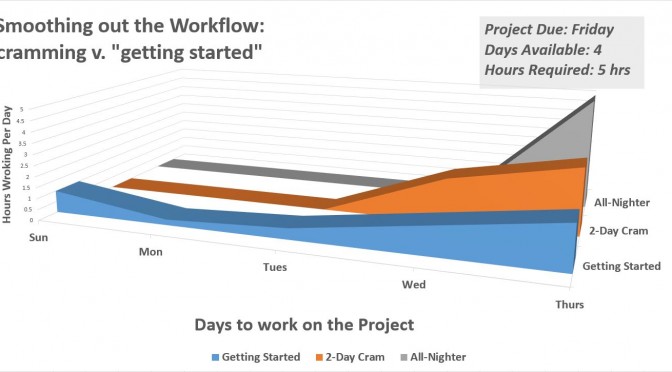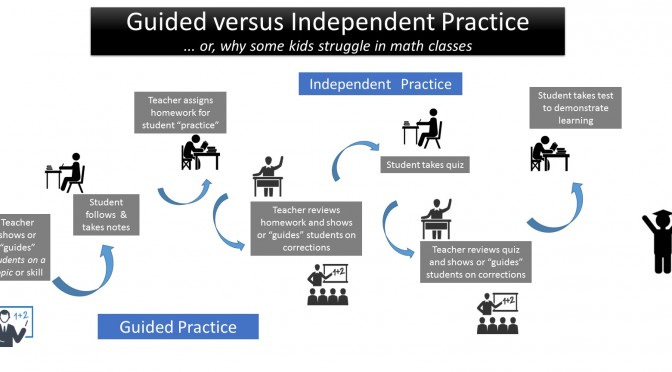 For successful testing, students need to know what will be on the test. Sounds obvious, but parents don’t want to hear from their teens that there were “surprises” on a test or that they studied for the wrong thing.
For successful testing, students need to know what will be on the test. Sounds obvious, but parents don’t want to hear from their teens that there were “surprises” on a test or that they studied for the wrong thing.
This edition of the Successful Assessment will review how to help your teenage student identify what will be on a test.
As outlined in the introductory post, How to approach a test (or why doesn’t my child test well?), at the A+ Club, we help middle, high school and college students succeed on formal assessments, what we usually call “quizzes” and “tests.” Our quick measure of a successful assessment means:
- No Surprises (identified teacher expectations)
- Student Prepared (successful learning)
- Student had time to finish (successful test execution)
No surprises!
“No Surprises” on a test means the student knew what to expect, knew what to study, and was familiar with every part or aspect of the test. Continue reading


 We often hear from parents that “my child doesn’t test well.”
We often hear from parents that “my child doesn’t test well.”
 One of the most effective strategies to defeat procrastination that we have used with students in our
One of the most effective strategies to defeat procrastination that we have used with students in our 
 Fight the need to finish now!
Fight the need to finish now!

 Megan Rocks! Megan and Michael discuss how the A+ Club helps students, parents and teachers.
Megan Rocks! Megan and Michael discuss how the A+ Club helps students, parents and teachers.






 What’s your excuse? I mean, everyone has one, don’t they?
What’s your excuse? I mean, everyone has one, don’t they?